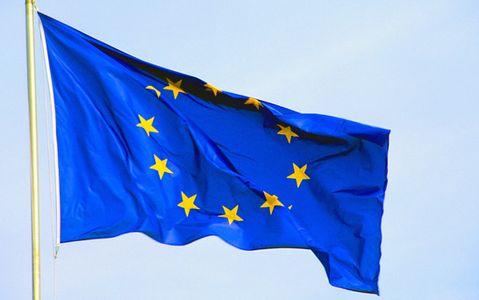Schilde Publishes Journal Paper on EU Power and Russia
Kaija Schilde, Assistant Professor of International Relations at the Frederick S. Pardee School of Global Studies at Boston University, published a recent journal article discussing the role of the European Union in the world – and its relational power vis-à-vis other international actors.
Schilde’s paper, entitled “European Military Capabilities: Enablers and Constraints on EU Power?” was published in the Journal of Common Market Studies.
From the text of the article:
What impact has the Russia–Ukraine crisis had on enabling or constraining the EU as a foreign policy actor? While the EU as an actor is a contested concept (Græger and Haugevik, 2011; Larsen, 2002; Niemann and Bretherton, 2013; Toje, 2008; Wivel, 2005), it increasingly operates like a state within the structural constraints and opportunities of the international system (Gänzle and Sens, 2007; Jones, 2007; Telò, 2006). Inspired by the power framework of Baldwin (1989), this special issue conceptualizes power as a dependent variable, to understand it through the relational lens of its response to crisis. This article is a plausibility probe for understanding to what degree EU Member States are strategically responsive to external crisis based on their material investments. It evaluates patterns in defence investments across EU Member States to understand changes in the weight, scope, and means of EU power. These material investments are not direct indicators of power; instead, they reflect political decisions over relative defence resource allocations – in the form of discretionary spending and procurement, as well as indications of threat assessments. I find external crisis appears to have produced changes in these material investment patterns, specifically in a partial shift from a dominant focus on defence reform via expeditionary capability investments over the last two decades towards strategies of investing in territorial and internal security capabilities.
Within Baldwin’s framework, material resources like military spending and capabilities are necessary – but not sufficient – foundations for the scope, weight, and means of relational power. Material resources do not directly inform outcomes as they would in a realist framework, but they can enable or constrain relational power. Military capabilities enable states with the raw materials to defend their population and territory against internal and external threats, as well as enable decision-makers to pursue their interests, ‘if necessary over and against the preferences of other competing entities’ (Tellis, 2000, p. 1). Military power is a cause and a consequence of power, in that it ‘expresses and implements the power of the state in a variety of ways within and beyond the state borders, and is also one of the instruments with which political power is originally created and made permanent’ (Paret, 1989, p. 240). Within Baldwin’s framework, however, military resources can also constrain state power, when capabilities are mismatched or not fungible to a state’s strategic environment.
You can read the entire article here.
Schilde’s research interests involve European and transatlantic security, the political economy of defense and security markets and industries, EU lobbies and interest groups, and the role of private nonstate actors in national and international security. Learn more about her here.
